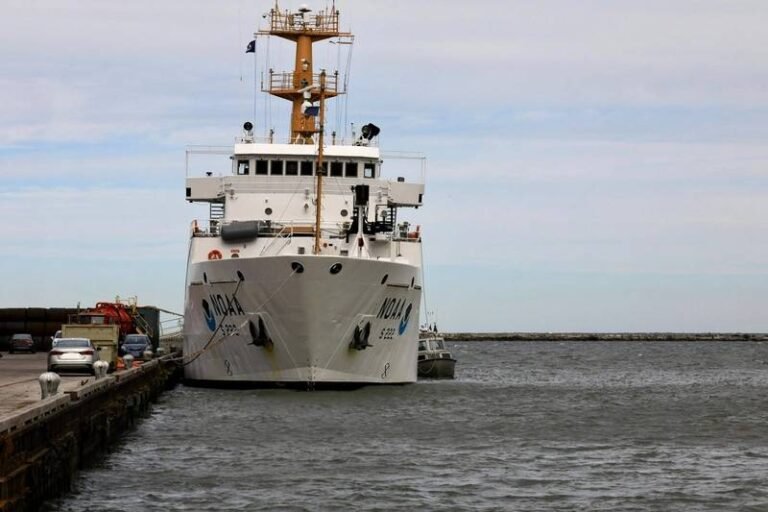European Governments Take Steps to Reduce Dependence on U.S. Data
European governments are making significant strides to lessen their reliance on critical scientific data historically provided by the United States. This move comes in response to the U.S. government’s retrenchment from scientific research under President Donald Trump’s administration, which has led to budget cuts and the dismantling of crucial climate, weather, and health research programs.
As a result, European countries are ramping up their own data collection systems to monitor climate change and weather extremes. This shift marks a concrete response from the European Union and other European governments to ensure continued access to vital data for planning purposes and infrastructure investments.
European Concerns and Responses
European officials have expressed growing alarm over the potential loss of access to U.S.-supported weather and climate data. To address this challenge, European governments are conducting reviews of their reliance on U.S. marine, climate, and weather data, with efforts underway to safeguard key health and climate data and research programs.
One of the primary areas of focus for the European Union is expanding its access to ocean observation data, which is crucial for industries such as shipping and energy, as well as early storm warning systems. Additionally, the EU plans to enhance its European Marine Observation and Data Network to mirror and potentially replace U.S.-based services.
European Initiatives
European countries are also considering increasing their funding for programs like the Argo program, which monitors global ocean conditions to track global warming, extreme weather events, and sea-level rise. This move represents a significant departure from decades of U.S. leadership in ocean science, prompting European nations to establish independent data collection systems.
Moreover, European governments are taking proactive measures to reduce their dependence on U.S. data by storing critical datasets themselves and exploring alternative sources of information. This shift reflects a broader effort to protect valuable scientific research and ensure continuity in data availability.
Conclusion
European governments are taking decisive steps to mitigate the impact of U.S. budget cuts on critical scientific data. By expanding their own data collection systems and exploring alternative sources of information, European countries are safeguarding their access to vital data for climate monitoring, weather forecasting, and infrastructure planning.
As the global scientific community adapts to changing dynamics in data availability, European initiatives serve as a model for resilience and innovation in the face of shifting geopolitical landscapes.

